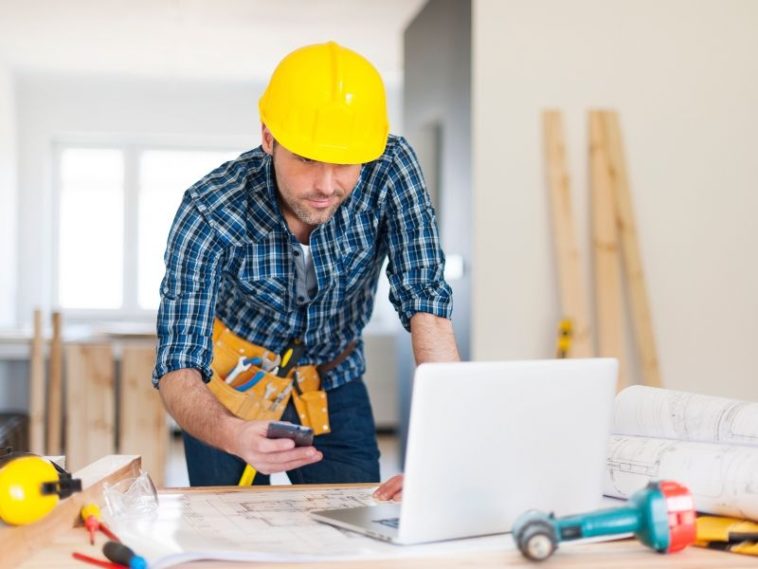craftsmen © iStock © gpointstudio
Energy renovation is at the heart of the strategy of construction companies but also of the government in terms of housing and the environment. Financial aid is deployed with one objective: to improve the performance of housing. UFC Que Choisir was interested in people who have carried out energy renovation work in their homes, and their level of satisfaction. 2,893 people were interviewed online, 86% of whom own a house, 55% of which was built before 1975. However, it can be noted that 76% of those questioned have done work and 24 % retracted, so the survey ultimately covers 2,200 people. The heating sources used by most respondents are gas at 38% and electricity at 26%.
Do some work to reduce your energy costs by 3
First of all, we learn in the study that the two main motivations for work are improving comfort and reducing energy bills, both peaking around 90%. Before embarking on projects, unsurprisingly, the people questioned indicated that they had obtained information on the internet (46%) and directly from a professional (40%). Getting information from an energy information center (managed by Ademe) comes far behind at 26%. We can note that 19% carried out a thermal renovation study before launching. The study highlights that the goal is to divide energy expenditure by 3. At a time when the government wishes to encourage and promote global renovation, the French do not yet seem convinced by this approach. They are 86% to choose the partial renovation. At the top of the acclaimed works, we find insulation of the attic (36%), then come replacing the boiler (36%), and that of doors and windows (30%). Far behind are wall insulation and improved ventilation to 13%. As most of this work requires technical know-how, 85% of the people questioned declared that they had called on a professional with a label such as the RGE. Regarding costs (excluding aid), disparities remain, but on average we reach 140 euros / m2 in partial renovation, and 450 euros / m2 for overall renovation. As for aid, they cover between 20 and 30% of the costs. Respondents admitted that they sometimes have to pay additional costs: 11% for complete renovation and 3% for renovation. These additional envelopes are mainly linked to errors in measurements or bad anticipations. And if 80% are satisfied with their work, they are 20% to note having encountered difficulties. In 23% of cases, it is poor workmanship, in 19% of badly installed windows and doors, 15% of insulation concerns leaving “thermal bridges”, specifies UFC Que Choisir. Overall, however, satisfaction with the objectives sought, comfort and savings on invoices, seems to have been achieved. Indeed, they are 86% in complete renovation and 74% in partial renovation to have a positive impact on comfort. On the bill side, the results are more mixed: the result is a bit tricky in partial renovation, since only 56% of them note a drop in their bill while the percentage climbs to 80% in complete renovation. Faced with these disparities, the association concludes its study by declaring: “energy renovation as it is organized today looks more like a game of chance than a guaranteed efficient investment “.
Energy renovation: are the French satisfied with the work carried out?



